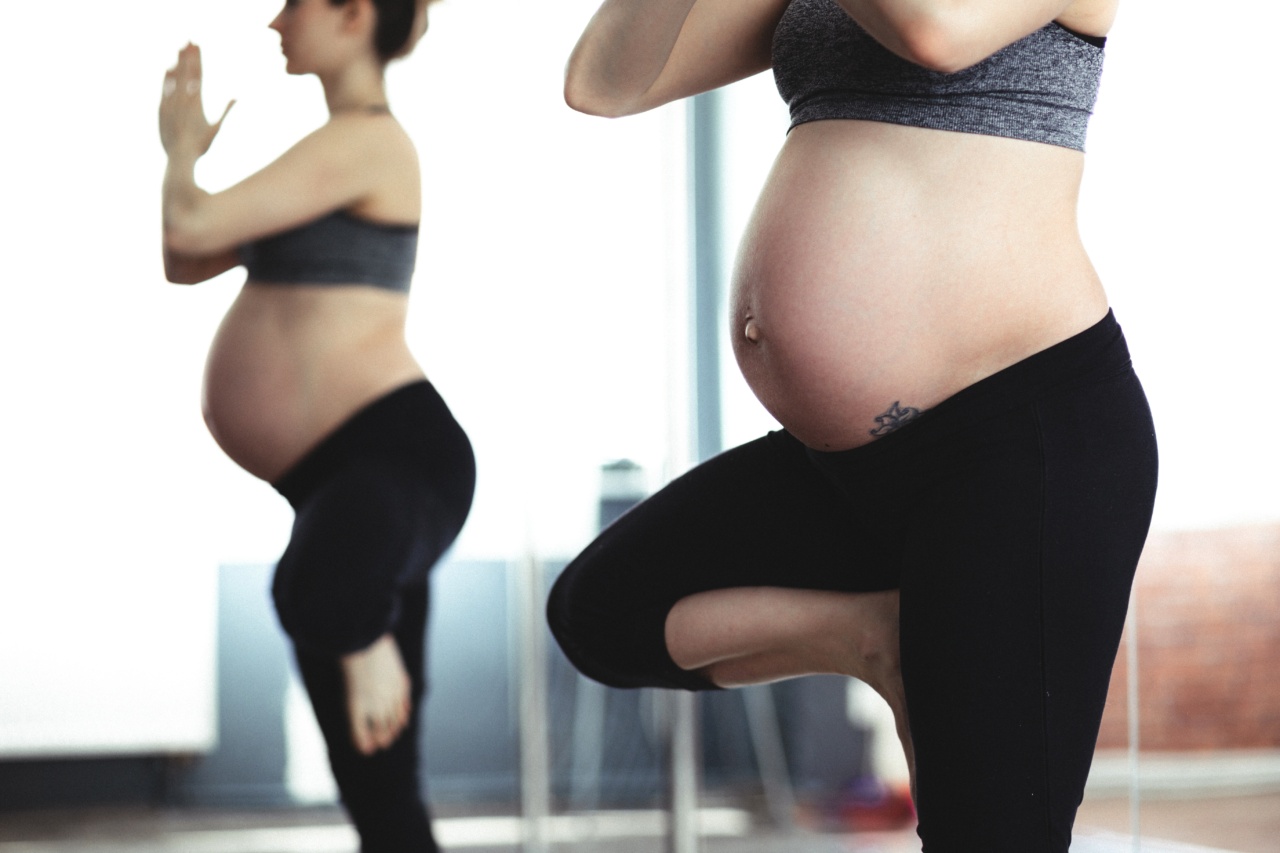Gymnastics is a demanding sport that requires strength, flexibility and coordination. These are valuable skills to maintain during pregnancy, but also require special precautions to ensure the safety of both the mother and baby.
If you are a gymnast and are expecting, here are 11 tips for safe gymnastics during pregnancy:.
1. Consult with Your Doctor
Before continuing with your gymnastics training, consult with your doctor or midwife to make sure it is safe for you to continue. Depending on your individual pregnancy, your doctor may advise against certain activities or movements.
2. Avoid High-Impact Workouts
High-impact workouts can put extra strain on your joints and muscles, which is not ideal during pregnancy. Consider low-impact exercises, such as swimming or walking, to maintain your fitness instead.
3. Listen to Your Body
During pregnancy, your body will tell you what it can and can’t handle. Be aware of any aches or pains, and avoid pushing yourself too hard. Remember, your priority should always be your health and the health of your baby.
4. Stay Hydrated
It’s important to stay hydrated during exercise, but even more so during pregnancy. Make sure you have plenty of water on hand during your workouts and take breaks as needed to replenish fluids.
5. Use Proper Equipment
Make sure you are using proper equipment that fits well and is appropriate for your skill level. This includes things like gymnastics shoes, leotards and safety gear.
6. Avoid Twisting Movements
Twisting movements can put unnecessary pressure on your abdominal muscles, which can cause discomfort and even injury. Limit your twisting movements and avoid them altogether if you feel any discomfort.
7. Focus on Balance and Coordination
During pregnancy, balance and coordination may become more challenging due to changes in your center of gravity. Focus on exercises that improve these skills to help prevent falls or injuries.
8. Skip Activities that Put You at Risk of Falling
Avoid activities that put you at risk of falling, such as gymnastics routines that require lifting or flipping. Falls can be especially dangerous during pregnancy, so err on the side of caution.
9. Take Breaks As Needed
Pregnancy can be exhausting, so listen to your body and take breaks as needed. This can mean reducing the duration of your workouts or taking extra rest days.
10. Modify Your Exercises
As your pregnancy progresses, certain exercises may become more difficult or uncomfortable. Modify your exercises as needed to accommodate your growing bump and changing body.
11. Stop Exercising If You Experience Any Pain or Discomfort
Pregnancy can come with a variety of aches and pains, but if you experience any pain or discomfort during exercise, stop immediately. Consult with your doctor if you have any concerns.































